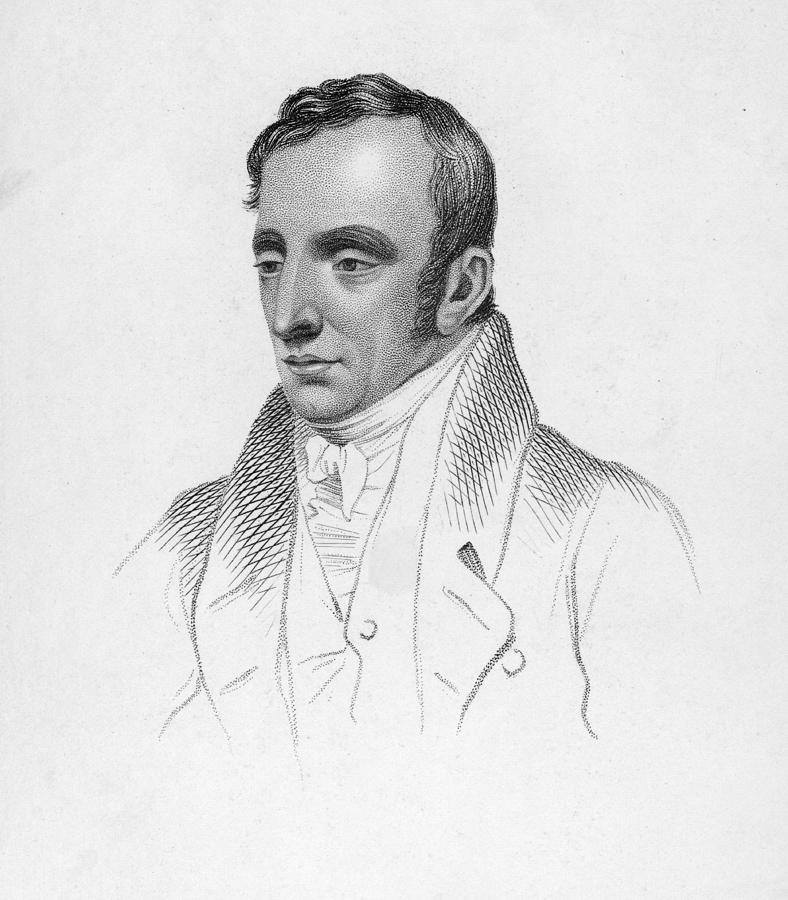
In the seventh stanza, the speaker rhetorically asks his friend why it is so that we must always be seeking. The poem begins with a set of questions posed to William regarding his idleness. Rhetorical Question: There are a number of rhetorical questions that enhance the poetic effect.


Wordsworth uses the following literary devices in his poem ‘Expostulation and Reply.’ “-Then ask/ not where/-fore, here,/ a- lone, “Why, Wil/-liam, on/ that old/ gray stone, The rest of the stanzas are composed of alternative iambic tetrameter and trimeter lines: Regarding the metrical pattern, the first three lines of the first six stanzas are in iambic tetrameter. Unlike the ballad rhyme scheme of ABCB, Wordsworth takes the freedom to use the alternative ABAB pattern to create a sing-song-like story. This piece consists of a total of eight quatrains with a set ABAB rhyme scheme and a combination of iambic tetrameter and iambic trimeter. There are a few poems Wordsworth wrote in ballad form and ‘Expostulation and Reply’ is one of them. This state he describes as “wise passiveness” that is needed in order to comprehend the “mighty sum of things” forever speaking. Thus, he has not to be physically acting to gather as much knowledge as he can. The senses remain active without one’s conscious control. In his reply, William describes the act of idleness as nothing but an intuitive process. It seems to him as if there is nothing before him (William) to ponder upon. He asks William why he is not reading and wasting his time sitting on an old grey stone for half a day. He is indeed a wise man and has in-depth knowledge of various kinds of literature. The poem begins with rapid two questions released by Matthew like an old master.

‘Expostulation and Reply’ by William Wordsworth is the story of Matthew and William, the former trying to dissuade the latter from idling away his time sitting alone, dreaming. "Where are your books?-that light bequeathed Read the poem below to know our dear friend William’s “reply”: Expostulation and Reply William Wordsworth Instead, it is meaningful to make the most of one’s time by reading the books left behind. In this poem, Matthew’s expostulation, an argument directed to dissuade someone, is that William, our fellow poet should not waste his time daydreaming. This poem is considered one of the “Matthew” poems different from the other verses Wordsworth wrote. A pentasyllabic word with a deeper meaning that has to be focused with respect to the much simpler term “reply,” quite straightforward and hitting right at the point. Wordsworth’s ‘Expostulation and Reply’ strikes readers with the very first word in the title, “ex-pos-tu-la-tion”.


 0 kommentar(er)
0 kommentar(er)
